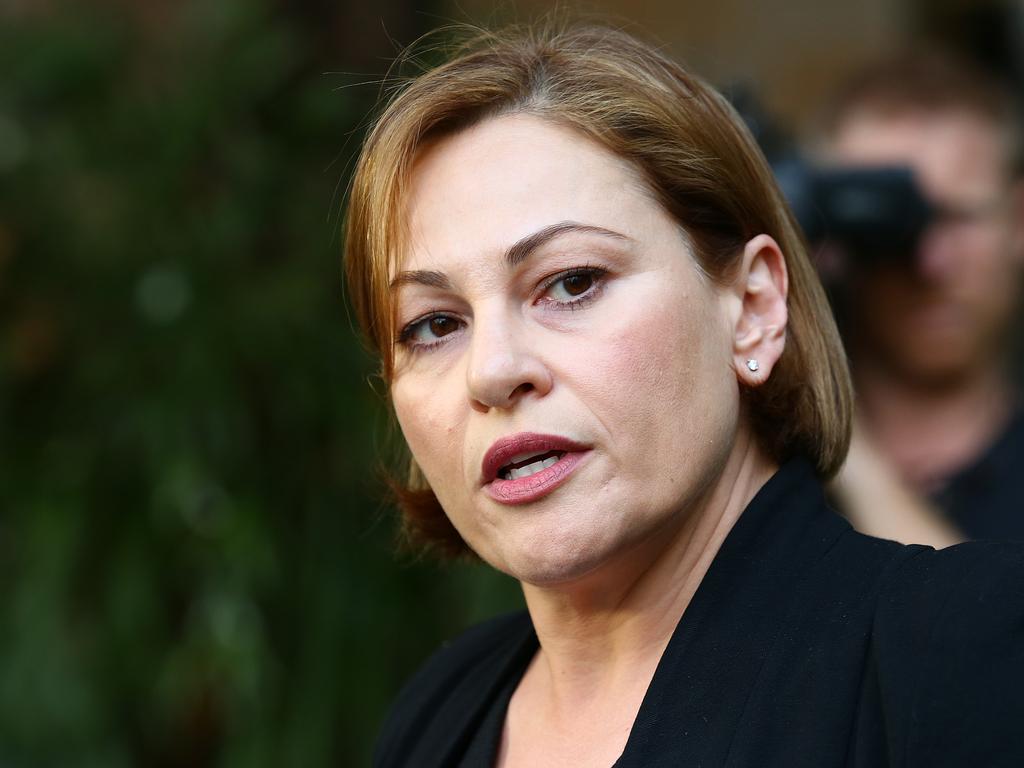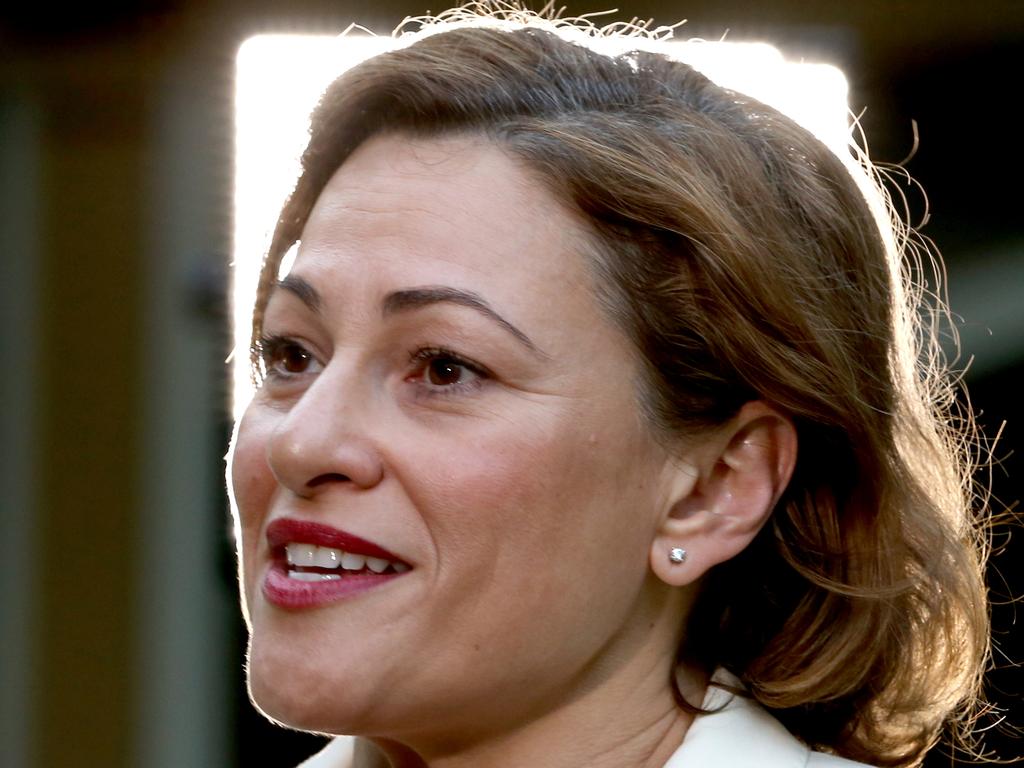Queensland’s Crime and Corruption Commission gagged from making ‘critical commentary’ about politicians
Under sweeping new laws, the Crime and Corruption Commission will be banned from making ‘critical commentary’ about politicians not convicted of a crime.

Queensland Premier Steven Miles will ban the state’s anti-corruption watchdog from making “critical commentary” about politicians who are not convicted of a crime, under sweeping new laws that will force the Crime and Corruption Commission to do most of its work in secret. Mr Miles vowed on Tuesday to accept all 16 recommendations from former chief justice Catherine Holmes in her review into the CCC’s public reporting powers.
Under new laws, the watchdog will be able to publish findings from its investigations into politicians who have not been found guilty of a crime, provided it makes no critical commentary or recommendation about their conduct, other than to say allegations were unsubstantiated.
“The reporting should be purely factual and neutral,” Ms Holmes wrote. “If the conduct in question is particularly blameworthy, one can be confident members of opposing parties and the media will make that clear. But it is no function of the commission’s in such a case to express its views.”
The 463-page review, seen by The Australian, also recommends investigative reports into public servants be published only if the person is found guilty by a court, has been fired or had a “disciplinary declaration” made against them under the Public Sector Act.
If an investigation uncovers evidence of systemic corruption, the CCC would be prohibited from identifying individuals unless “reasonably necessary” or if they have already been named at a public hearing.
Mr Miles ordered the review after a landmark High Court decision in September muzzled the CCC from publicly reporting on most of its investigations into politicians and public servants.

Explosive reports into Labor identities Jackie Trad and Peter Carne were suppressed by the decision, and proposed law changes cast doubt over whether they will be released in their current form.
The unreleased CCC investigation scrutinised Ms Trad’s 2019 appointment of her under-treasurer and was widened to probe the recruitment of departmental heads since Labor took power. A detailed report was produced and is understood to be highly critical of the selection process, overseen by former long-serving top public servant Dave Stewart.
It was understood the CCC’s report was scathing but did not recommend any criminal charges be laid against either Ms Trad or Mr Stewart. The CCC did not pursue criminal charges against Mr Carne, the state’s former public trustee, after its investigation, but compiled a “highly critical” report into alleged misconduct.
Mr Miles said the recommendations struck the right balance between allowing the CCC to do its job while protecting the human rights of individuals.
“Ms Holmes’ findings and recommendations bring a clear understanding to the complex legal, public interest and human rights issues raised by public reporting,” he said.
“My government has accepted all 16 of the recommendations and will now get on with the job of legislating to ensure the CCC can return to publicly reporting within the bounds of the new model.”
The changes will be introduced to parliament before the October state election and be retrospective.
Liberal National Party justice spokesman Tim Nicholls said if the government was serious about transparency, it would support his private member’s bill which would allow for the release of reports into Ms Trad and Mr Carne.
“If the CCC identifies individuals whose actions have created a corruption risk, it would seem it would be prevented from identifying those individuals and highlighting their actions that created that corruption risk in the first place,” he said.
“That would seem to neuter the CCC’s corruption prevention function.”
Under Ms Holmes’ recommendations, the CCC would have been prevented from making public recommendations in cases such as the “mangocube” private email affair embroiling Transport Minister Mark Bailey, and previous investigations into Ms Trad’s undeclared investment property and involvement in the appointment of a high school principal.
Under new laws, the reports could have been made public, but the CCC would have been barred from including commentary, opinion or recommendations.
In a statement following the High Court decision, Ms Trad said the CCC’s conduct had a “significant impact” on her political career and family. She also cited 2021 findings of a bipartisan parliamentary oversight committee that the CCC and its former chairman did not act impartially in the pursuit of eight Logan City councillors, whose fraud charges were later dropped.







